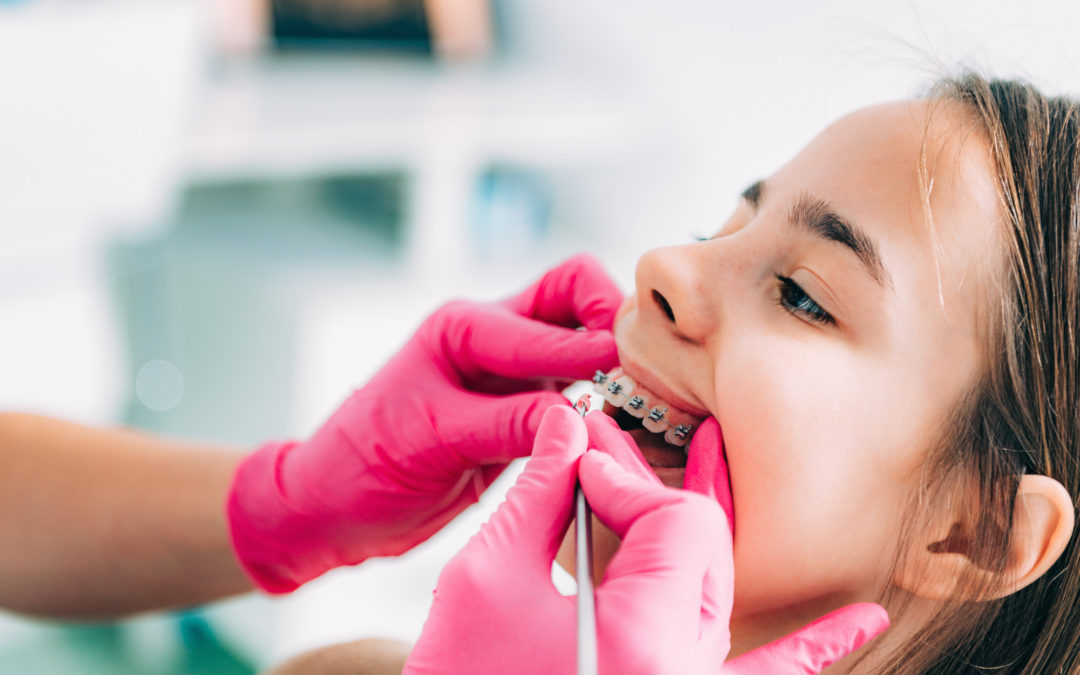Did you know that over 4 million people in the U.S. wear braces?
If you’re one of the millions of Americans thinking about braces but aren’t quite sure you should take the plunge, you’re in the right place! Braces are a big investment, and there are several things to consider when deciding whether or not you should get them. Keep reading to learn about seven important questions to ask your local orthodontist before you make the decision to get braces.
1. What Is Your Experience With Orthodontics?
You want to make sure you’re getting the best dental care, so don’t be afraid to ask about an orthodontist’s experience and background. You can ask questions like where they went to dental school, where they did their orthodontic residency, and how long they have been in practice. It’s also a good idea to ask them about their experiences since they started practicing.
Asking these questions will help you understand their background and how they work with patients. This is a great way to find the best orthodontist for you or your family.
2. Will Braces Work for Me?
Obviously, you want to know if braces are the right solution to your orthodontic problems before you make the investment in them. It’s important to ask your orthodontist about the impressions of your mouth, or your child’s mouth if the braces are for them. You want the orthodontist to explain how braces will benefit the wearer and what the final outcomes will be.
In general, braces will straighten and align teeth which makes it easier to brush and floss them. If you have problems with your bite, the orthodontist should explain how that will be fixed and the dental health benefits of an aligned bite.
3. What Types of Braces Do You Offer?
Once the orthodontist looks at impressions of your mouth, they will let you know your treatment options. There are a wide variety of options available today depending on your specific orthodontic needs. Several of them are designed to be more comfortable and discreet than traditional braces.
Options today include traditional braces, clear aligners, ceramic braces, and lingual braces. Ask your orthodontist about the pros and cons for each. Together you can decide what treatment option is best for you.
4. How Long Will Treatment Take?
Everyone thinking about orthodontic treatment wants to know how long they’ll have to wear braces. Keep in mind that every mouth is different. Some people are very responsive to treatment while others take longer. Your orthodontist will give you an estimate for how long treatment will take, but remember it’s just an estimate.
The average orthodontic treatment is anywhere between 1 and 3 years. Some patients can wrap up all their orthodontic treatment in a year. There are several factors that play into how long treatment takes. Some of those include how crooked your teeth are, your bite, and what type of braces you choose.
5. How Much Will Treatment Cost?
There is no standard cost for braces. The price depends on several factors including the geography of where you live, the provider you use, and the type of braces you choose. According to the American Dental Association, braces cost $6,000 on average.
Oftentimes dental insurance includes orthodontic care, so be sure to check what your insurance covers. Many orthodontists understand that braces are costly and require a long-term commitment. Oftentimes your orthodontist will offer different payment plans which allow you to pay for your braces over a period of time.
6. What Will I Need to Do at Home?
Following the instructions from your orthodontist will help you get the best results from your treatment. There are a few adjustments you’ll need to make at home to accommodate your braces.
Depending on the type of braces you get, you may need to avoid foods like popcorn and gum for the duration of your treatment. Having braces will increase the amount of time you spend on brushing and flossing. You’ll need to regularly brush and floss to make sure no food gets stuck in your braces. If you’re looking for orthodontic treatment for your child, check out these tips to learn how to help them care for their braces.
In certain cases, your orthodontist may recommend wearing rubber bands or headgear to help move your teeth. Complying with their instructions will help you get your braces off quicker.
7. What Is the Best Age for Braces?
The right age to get braces depends on the patient. An adult with a fully developed jaw and all their adult teeth can get braces whenever they are ready.
Children are a bit different because their jaws are still growing and they are still losing baby teeth. Most orthodontists recommend beginning to evaluate kids for orthodontics around age 7. Each child is unique, and the best age for braces will vary based on the child and their specific needs.
Ready to Find a Local Orthodontist in Fort Pierce?
By asking these questions, you can decide if braces are right for you and can confidently pick the right local orthodontist for you and your family. When you do, you’ll be sure your smile is in good hands.
If you are ready to start your orthodontic journey towards your best smile, we’re here to help. If you’re looking for a great Fort Pierce orthodontist, contact us at Jacobus Orthodontics today.

